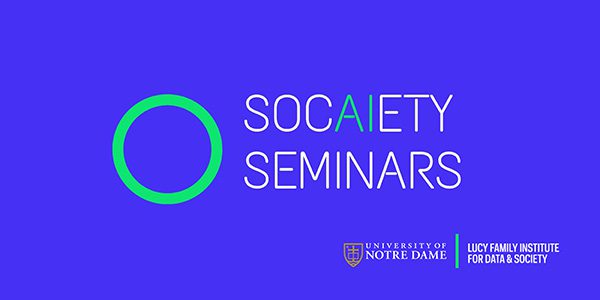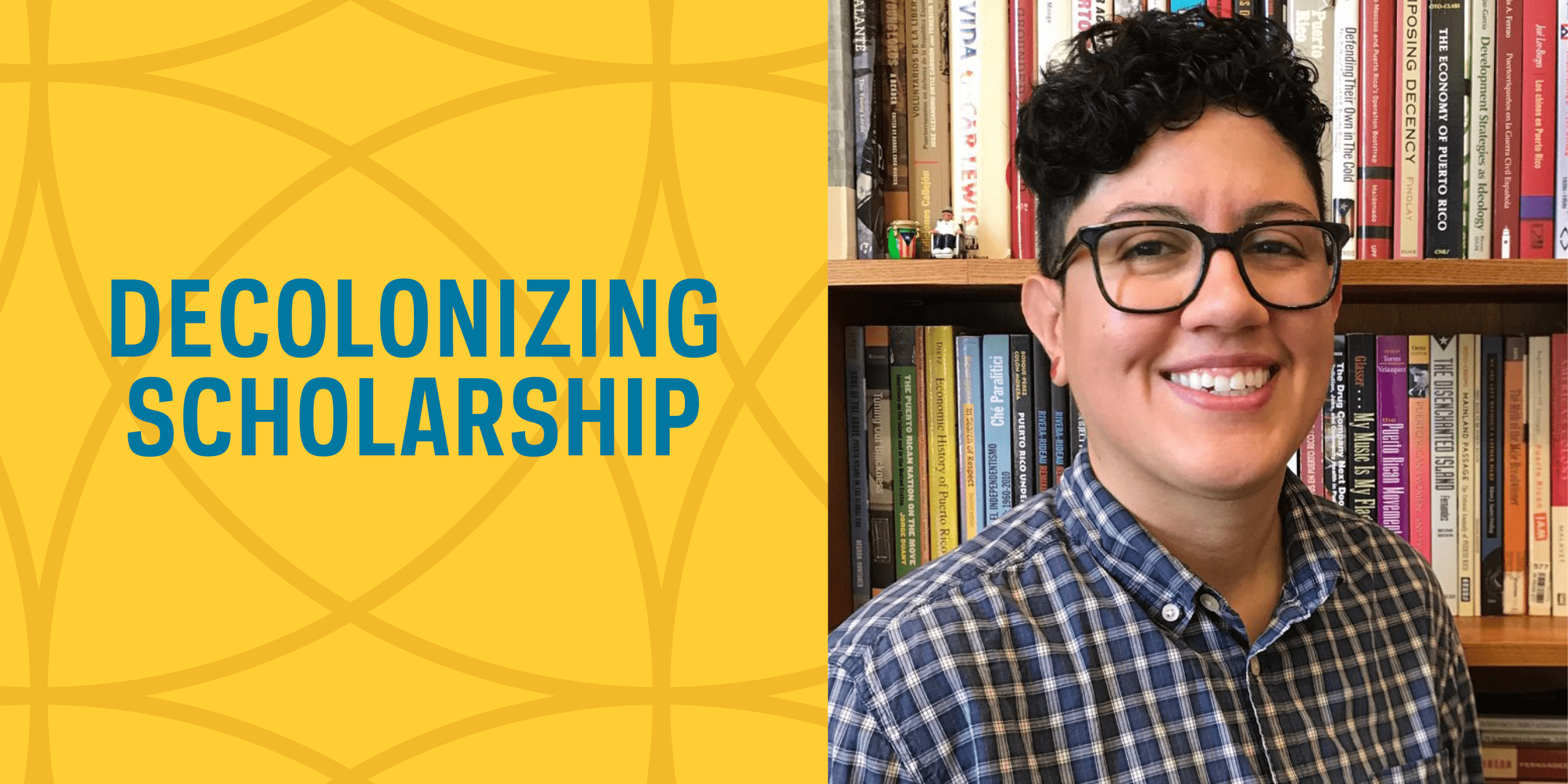Fighting to Understand the Scientific Impact of Community
Playing in the shadow of Mount Kilimanjaro are 300 baboons that are the focus of one of the longest-running studies of wild primates. For more than 40 years, these Amboseli baboons and their ancestors have provided important data about questions in evolution, genetics, nutrition, hybridization and parasitology.
Beth Archie, the Clare Boothe Luce Assistant Professor of Biology at Notre Dame, stands on a dusty plain in southeastern Kenya watching the baboons, jotting notes on their social interactions and gathering their droppings. Back home, her notes and those of her colleagues will help answer the study’s overarching question: Why be social?
Read more here.
The University of Notre Dame’s award-winning “What Would You Fight For?” series showcases the work, scholarly achievements, and global impact of Notre Dame faculty, students, and alumni. These two-minute segments, each originally aired during a home football game broadcast on NBC, highlight the University’s proud moniker, the Fighting Irish, and tell the stories of the members of the Notre Dame family who fight to bring solutions to a world in need.
Learn MoreNovember 1, 2019



